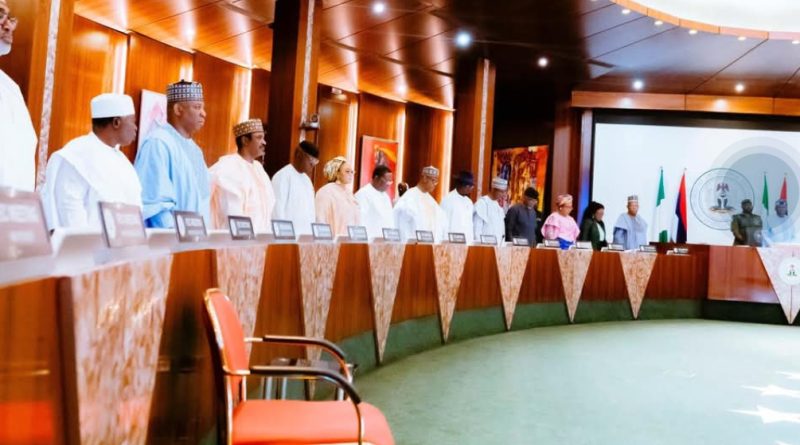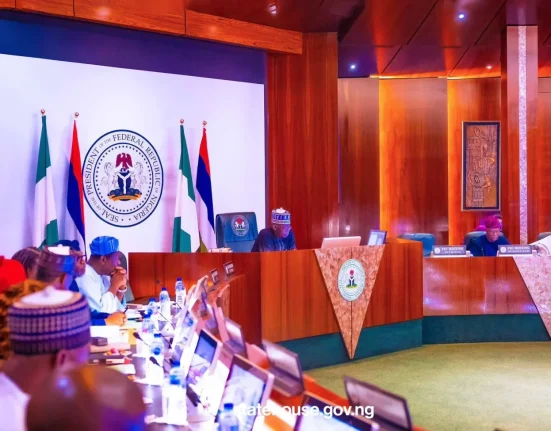August 3, 2025 — The Federal Executive Council (FEC) has approved the draft National Land Transport Policy aimed at overhauling Nigeria’s land transportation framework and enhancing the integration, safety, and efficiency of mobility across the country.
The policy, which was presented during the council’s recent meeting at the Presidential Villa, Abuja, is designed to address longstanding infrastructural and regulatory gaps in road, rail, and non-motorised transport systems. It outlines a comprehensive approach to modernising land transport infrastructure, improving regulatory oversight, and aligning Nigeria’s transport sector with global best practices.
Presiding over the session, President Bola Ahmed Tinubu commended the Ministry of Transportation and relevant stakeholders for their collaborative efforts in drafting the policy. He emphasised that the initiative reflects his administration’s commitment to infrastructure renewal, sustainable mobility, and economic competitiveness.
According to government officials, the policy seeks to establish a harmonised framework that will guide investments, streamline intermodal transport systems, promote safety standards, and reduce carbon emissions. Key focus areas include road network development, rail expansion, rural accessibility, public-private partnerships, and the institutional strengthening of regulatory bodies.
The draft also highlights the need for improved coordination between federal, state, and local governments to ensure a unified and responsive transport system. With the FEC’s endorsement, the policy will now proceed to wider stakeholder consultations and eventual implementation phases.
Transportation experts and civil society stakeholders have welcomed the development, noting that an updated national transport policy is long overdue and critical to unlocking economic opportunities, reducing traffic bottlenecks, and promoting inclusive mobility for all Nigerians.
The approved policy marks a significant step toward the reformation of Nigeria’s land transport landscape and is expected to drive long-term improvements in connectivity, safety, and national productivity.


